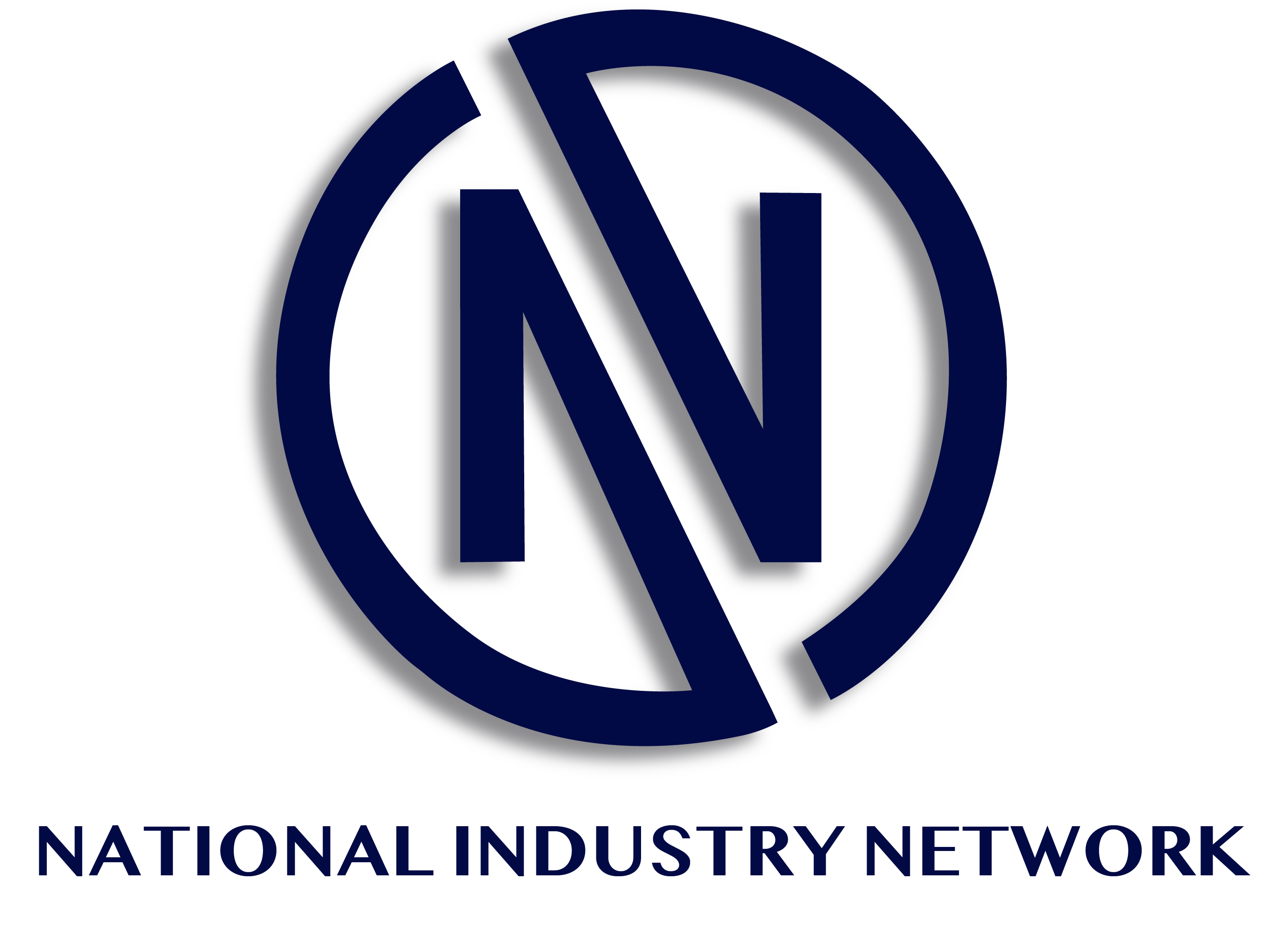NIN Blog
Is It Time to Sell Your Business? 7 Signs to Consider
Introduction: For many business owners, their venture is not just a source of income; it’s a labor of love and a testament to their hard work and dedication. However, there comes a time when even the most passionate entrepreneurs should consider the possibility of...

